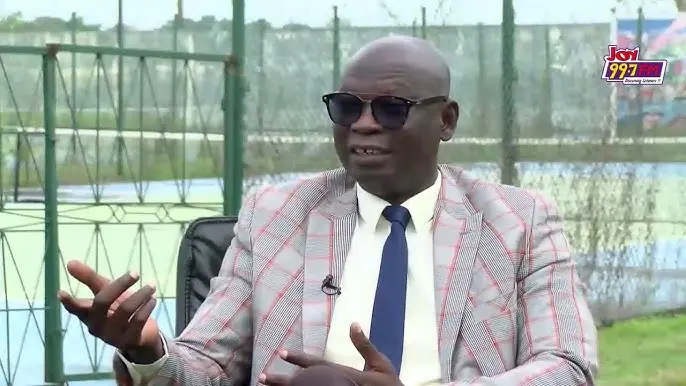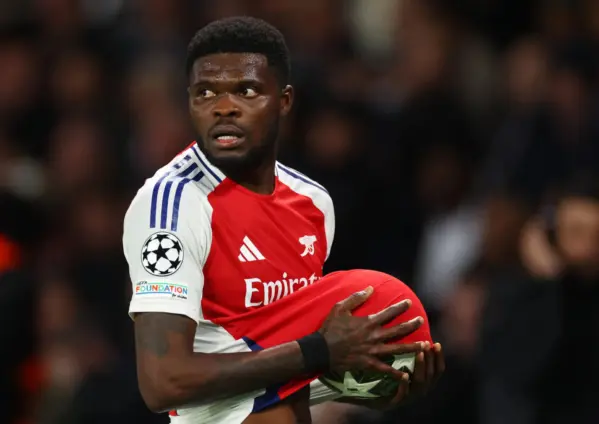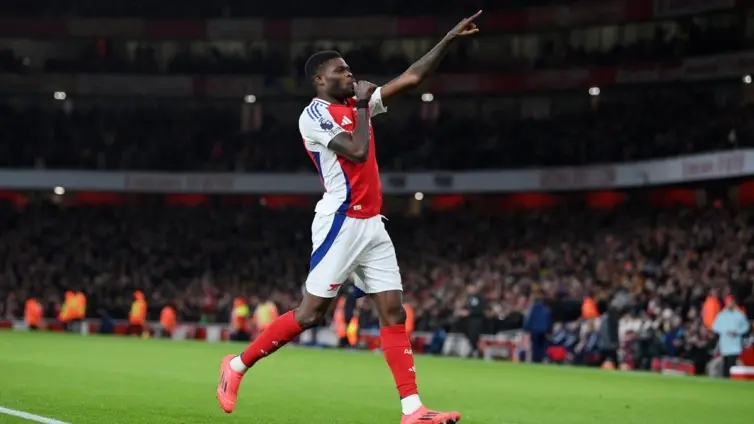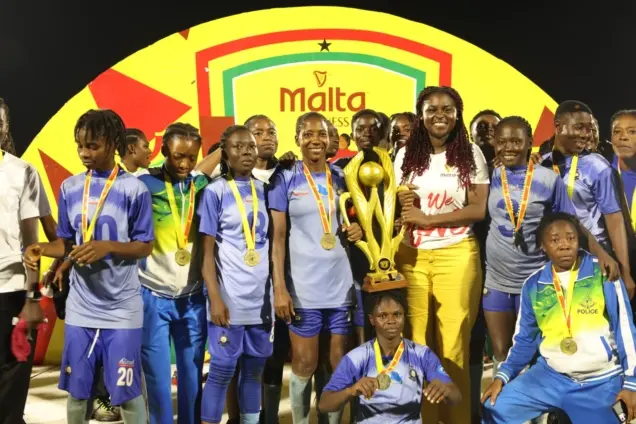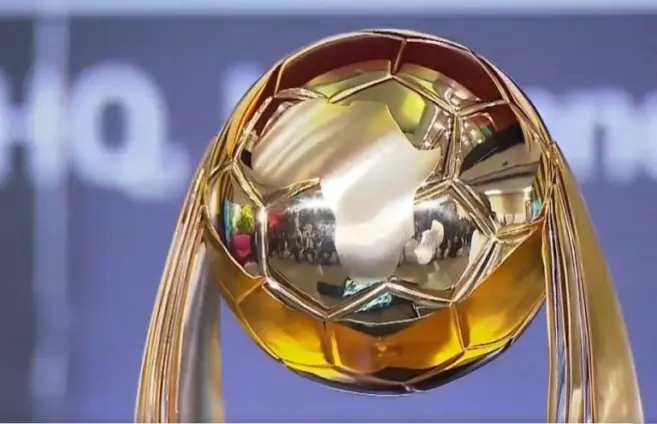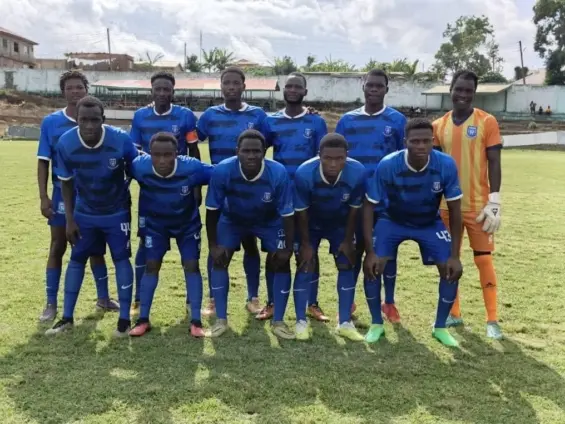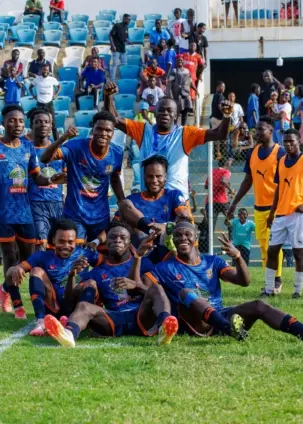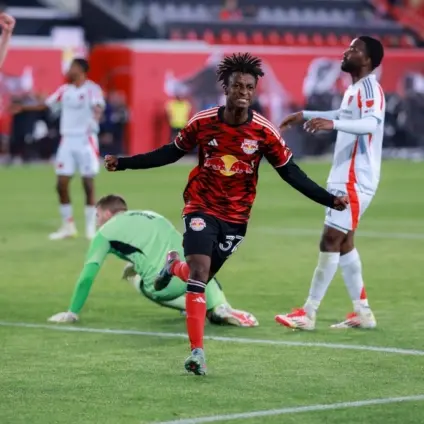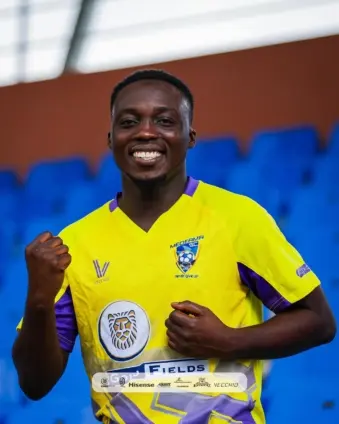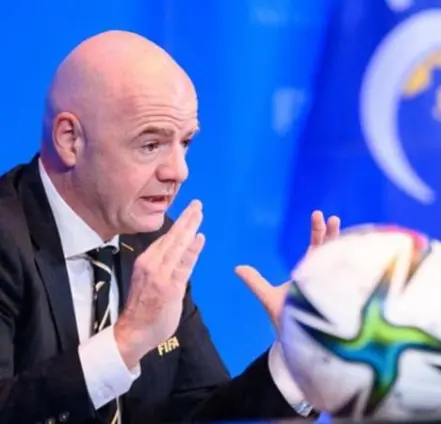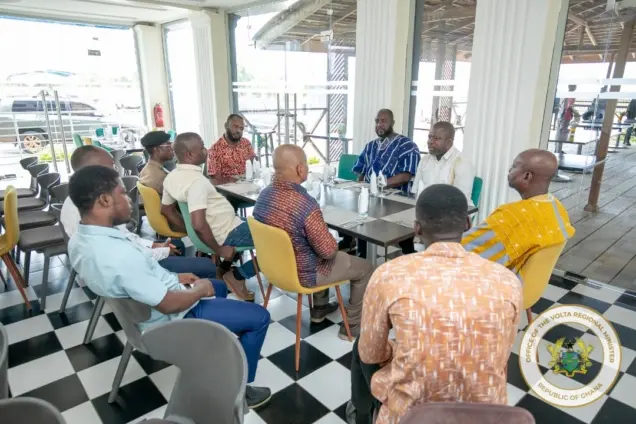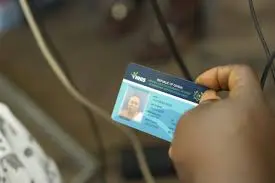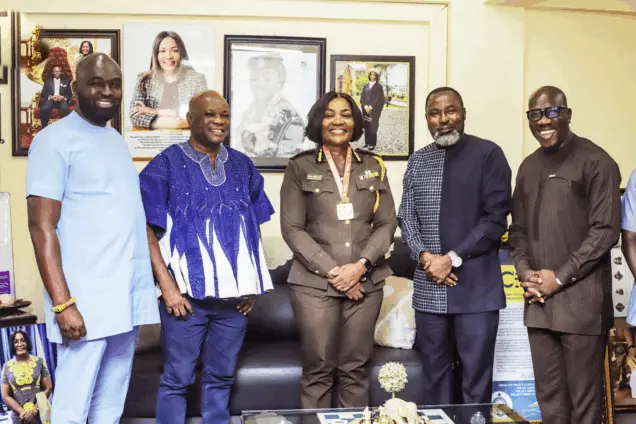Ghana Athletics is strategically investing in its burgeoning young talents, setting its sights on continental success. The centerpiece of this developmental push is the National Championship in August, a high-stakes event where both junior and senior athletes will compete fiercely for coveted spots in major international competitions, most notably the World Championships. According to Bawa Fuseini, the president of Ghana Athletics, these carefully planned competitions are designed to give junior athletes vital experience and exposure, preparing them for the pressures of elite competition. However, this ambitious roadmap faces significant hurdles, with funding shortfalls forcing the postponement of the Regional Junior Championships. Fuseini shared these insights during the Accra Open event, shedding light on the opportunities and challenges that lie ahead for Ghana’s athletic program.
The National Championship in August serves as the definitive national trials for the World Championships. This pivotal event brings together the nation’s top athletes, both seasoned veterans and promising juniors, in a battle for supremacy. Athletes who meet the stringent qualifying standards will have the opportunity to represent Ghana on the world stage, provided Ghana Athletics is able to send more than three athletes per event, making this competition a crucial milestone in their careers.
A key element of Ghana Athletics’ strategy is the deliberate cultivation of its junior athletes. Recognizing the importance of early exposure to high-level competition, the organization is prioritizing opportunities for these young stars to hone their skills before the National Championship. A primary target is the African Junior Competition in July, to be held in Nigeria. The Accra Open event served as the final trial for team selection for the African Junior Competition, with officials keenly observing the performances of the athletes. “We want to give the juniors more competition for the African Junior Competition in July, Nigeria,” Bawa Fuseini stated. “This is the final trial, so after this, we will select a team to represent Ghana at Abeokuta, Nigeria.” This emphasis on international experience is viewed as essential for the long-term growth and success of Ghanaian athletes.
The West African Junior Championship, originally slated to precede the African Junior Competition, will now take place in Accra after the Nigeria event. This change in schedule was necessitated by funding difficulties that delayed the competition. “So right from Nigeria, we will come back to do the West African Junior Championship in Accra,” Bawa Fuseini explained. “We were supposed to do it before the African Junior Championship, but because of time factor, we could not get enough funds for the West African Junior Championship.” Despite the altered timeline, the regional competition remains a crucial stepping stone for athletes aspiring to compete at higher levels.
One of the significant obstacles facing Ghana Athletics is the postponement of the Regional Junior Championships due to a lack of funding. This setback has had a knock-on effect, impacting not only Ghana’s preparations but also those of other West African countries for the African Junior Competition. These funding challenges underscore the ongoing struggle to secure adequate resources for athletic development and competitive opportunities in the region.
Ultimately, Ghana Athletics remains committed to nurturing its young athletes and providing them with the platform to excel on the international stage. The roadmap leading to the National Championship and beyond reflects this dedication. While funding challenges present a persistent hurdle, the organization is determined to create opportunities for athletes to compete and improve, particularly through events like the West African Junior Championship. These strategic initiatives, championed by President Fuseini, are vital for building a robust and successful future for Ghanaian athletics.
Image Source: MYJOYONLINE

